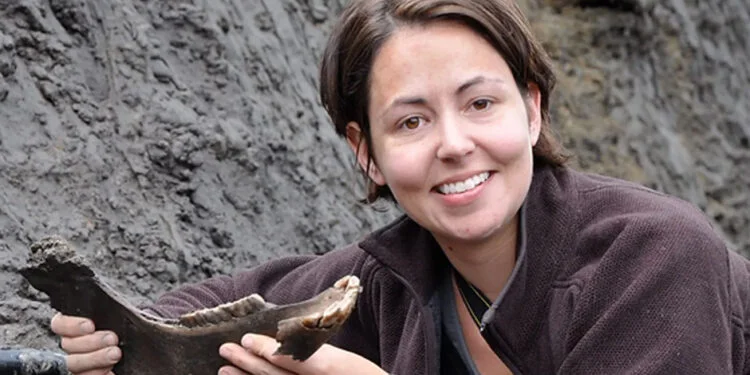Attles Levey was born on September 12, 1980, in a small Wisconsin hamlet. He is a well-known figure in the scientific world but is unknown to the general audience.
Attles was the only child of high school biology teacher Maria Levey and physics professor Jonathan Levey, who raised her in an intellectually stimulating environment.
This early exposure to the scientific world shaped his passion and love of nature, paving the way for him to make significant contributions to the field of biology.
Education and Academic Pursuits
Attles was an exceptionally brilliant student who had an early interest in the sciences, particularly biology. He went to the University of Wisconsin-Madison to study biological sciences after graduating as valedictorian from his local high school. During his college years, his research prowess and insatiable curiosity led him to participate in a number of investigations that served as the foundation for his future work.
After graduating with honors, Attles was accepted into Harvard University’s prestigious Ph.D. program, where he concentrated on genetics and molecular biology. He rose to prominence in academia for his doctoral thesis, which investigated gene expression in rare plant species. This work proved not only his aptitude, but also his unique approach to biological research, which combines cutting-edge techniques with traditional ways.
Career Beginnings and Challenges
After receiving his Ph.D. in 2008, Attles Levey had the difficult task of distinguishing himself in an area dominated by well-known names. Despite stiff competition, he was awarded a postdoctoral scholarship at the Smithsonian Institution in partnership with Harvard University, where he worked on a pioneering study involving the genetic mapping of endangered species. His work here was critical in creating novel conservation measures, particularly for preserving genetic variety in small, isolated populations.

Despite his accomplishments, Attles did not acquire the same level of recognition as other contemporaries. Because of his quiet attitude and preference for working in the background, the general public sometimes overlooked his accomplishments. Nonetheless, many in the scientific community who were aware of his work praised him as a brilliant thinker with a profound understanding of biology.
Contributions to Biology
One of Attles Levey’s most significant accomplishments was his research on the gene expression of extremophiles, who survive in hostile environments such as deep-sea vents and acidic hot springs. His research in this sector has provided light on how these creatures survive in circumstances that would kill the majority of Earth’s living forms. Levey’s research, which revealed the genetic secrets of extremophiles, has had a tremendous impact on biotechnology, with new industrial enzymes and pharmaceuticals being developed using these species.
Aside from his work on extremophiles, Attles made substantial advances to our understanding of plant-fungus symbiotic relationships. His research revealed how these interactions influence plant development and health, paving the path for more ecologically friendly farming practices.
The potential answers this work provides for improving crop resilience in the face of environmental stressors make it particularly valuable in the context of climate change.
Later Career and Recognition
Despite his low profile, Attles Levey’s art gradually gained prominence. In 2016, he received the renowned MacArthur Fellowship, also known as the “Genius Grant,” which is given to persons who demonstrate remarkable inventiveness in their work and the potential for more in the future. This recognition marked a watershed moment in his career, leading to additional funding opportunities and collaboration initiatives with other top biologists.
In addition, Levey began mentoring the next generation of biologists by overseeing PhD applicants and presenting guest lectures at various universities. His hands-on approach to mentoring emphasized the importance of curiosity, tenacity, and critical thinking in scientific inquiry.
Net Worth and Legacy
Attles Levey’s predicted net worth in 2024 is $1.5 million. This figure, while not the highest in his industry, demonstrates his accomplishments as a scholar and researcher. His main sources of income include research grants, speaking engagements, and patent fees from his work on agricultural biotechnology and extremophiles.
Attles Levey may not be a household name, but his scientific repute is solid. His discoveries have paved the path for future research, particularly in understanding the genetics of survival in harsh environments and the importance of plant-fungal interactions in ecology.
Conclusion
Even though Attles Levey is little-known outside of the scientific community, his contributions to biology have had a tremendous impact. His passion for learning about the natural world has driven him to do research that has yielded results that will have an impact on biotechnology and conservation in the future. Levey demonstrates that you don’t have to be well-known to make an influence in the scientific world; for those who see past the headlines, she is a quiet but formidable force.








